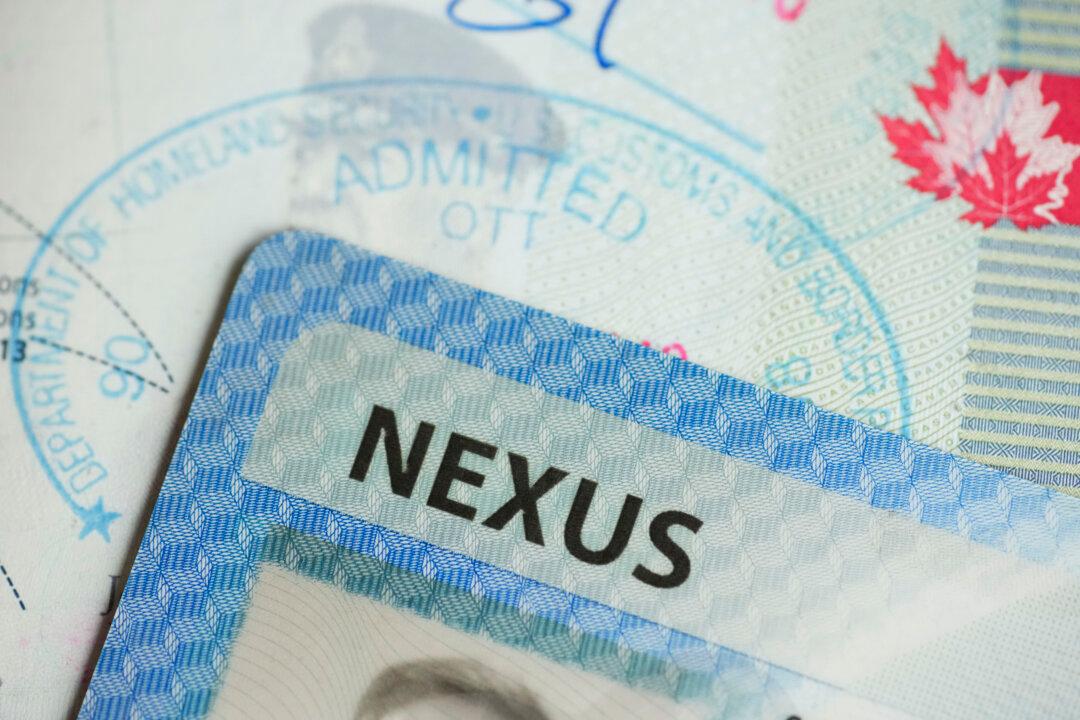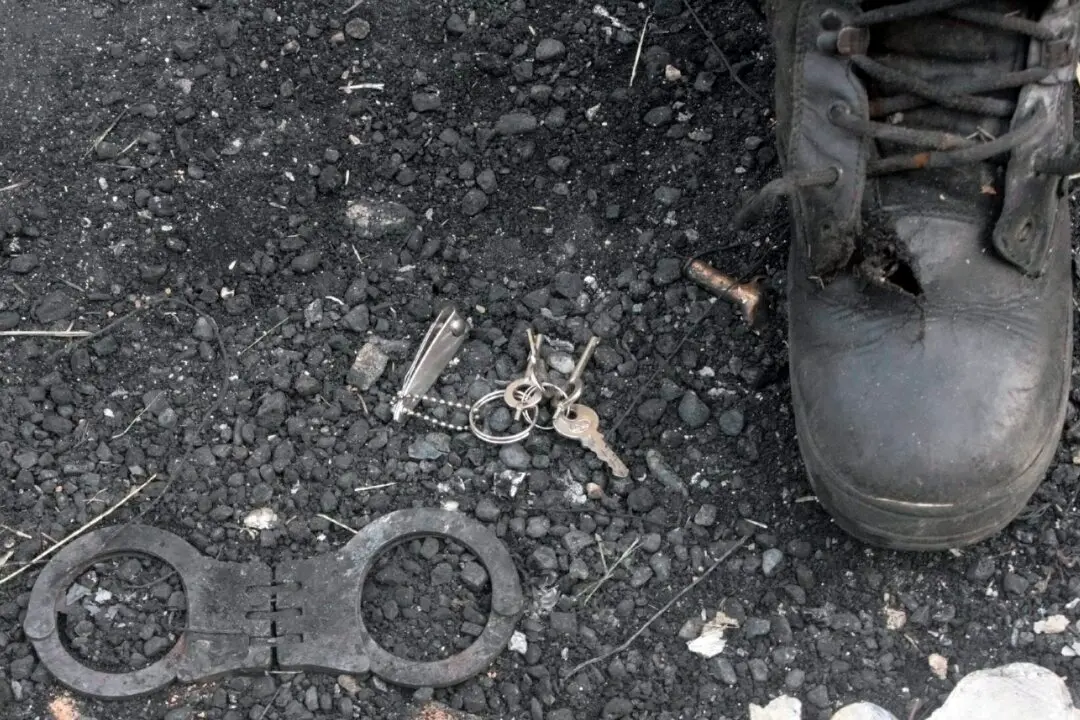OTTAWA—Jane Philpott’s parliamentary privileges were not violated when Prime Minister Justin Trudeau booted her and fellow former Cabinet Minister Jody Wilson−Raybould out of the Liberal caucus last week, the speaker of the House of Commons ruled on April 11.
Geoff Regan said he has no role in deciding how caucuses should conduct themselves.





